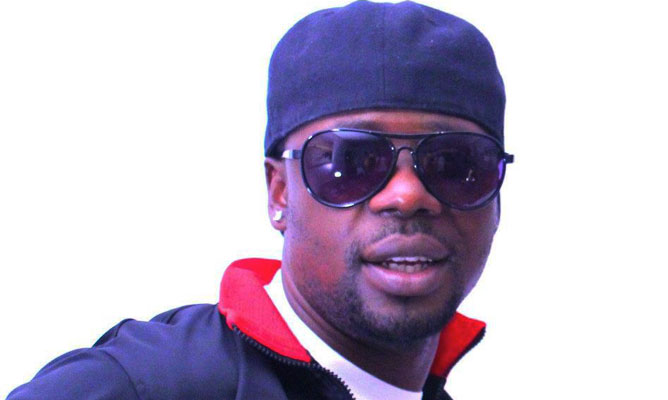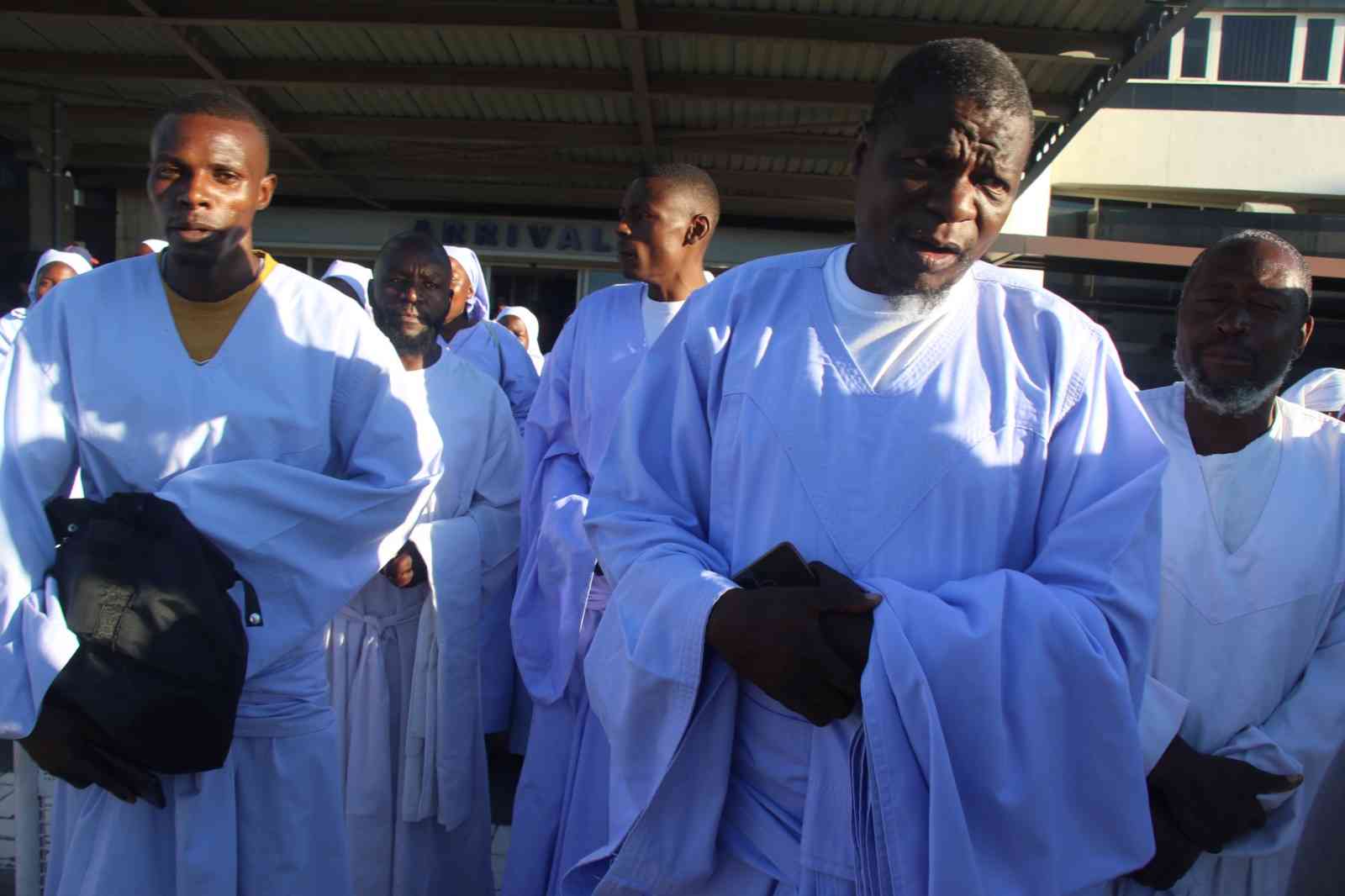
In the past few weeks, cyber active locals have had a free treat of drama emanating from squabbles among hip hop rappers which have in some instance, turned into nasty physical confrontations between the artists.
KENNEDY NYAVAYA
The entire hullabaloo has immensely affected growth prospects of the fledgling genre with continued use of resources, time and money channelled to producing “diss” tracks.
The underdog tag has stuck on local hip-hop for a long time as its custodians have failed to step up to the competition in what could be attributed to continuity of verbal and physical hostility, lack of originality, scanty availability of professional producers, among other reasons.
The fresh fights appear to have started at last year’s fifth edition of Zim Hip-Hop Awards which, although a remarkable event for the artists’ talent, leaves behind a trail of controversy each year.
In an interview with The Standard Style on Friday, producer and rapper Simbarashe “Simba Tagz” Tagwirei conceded that the violence depletes the impact of the genre already in a miniature growth rate state as most rappers were being overtaken by its “egoistical and territorial flair,” he said.
“It is definitely not okay because our fan-base and reach is still growing, so ideally, we would like a unified front.”
- Chamisa under fire over US$120K donation
- Mavhunga puts DeMbare into Chibuku quarterfinals
- Pension funds bet on Cabora Bassa oilfields
- Councils defy govt fire tender directive
Keep Reading
He added that lack of an original Zimbabwean sound that resonates with locals is also a cause for the diminished numbers following hip-hop.
“It is a matter of coming up with our own sound as far as instrumentals are concerned. For example, the Nigerian Phyno or Ghanaian Sarkodie sounds,” said Simba Tagz.
“They have a unique sound and I am not saying we should copy them, but we should also have a sound that people can identify as a sound that carries the voice and feelings of Zimbabweans.”
Revered female gospel artist Nonkululeko “Temple” Vundla — formerly known as Black Bird — had no kind words for fellow artists participating in the ongoing battles, which she termed “foolish and immature”.
“I think the division based on geographic and tribal lines shows the immaturity of some of these rappers,” she said.
“Rap battles are about displaying lyrical skill, not hate speech or degrading each other.”
Temple recently changed to gospel music from secular rap despite having won a number of accolades as a secular artist.
While gospel rappers last year formed the Zimbabwe Hip-Hop Association (ZiHa), which aims to bring together, educating and regulating local hip-hop, she urged more rappers to engage and help grow the art.
“Hip-hop artists should be uniting, hence ZiHa is a national association for debates and ‘Bulawayo vs Harare’ talk is actually forbidden in our rules because unity is our key to success,” said Temple. While on the gospel part there seems to be more progress, the flip side appears not so rosy.
Battle lines have been drawn between the Harare and Bulawayo fronts as veteran artist Junior Brown and Briss Mbada have gone all out guns blazing in attacking the award winning Bulawayo bred Mgcini “Cal_Vin” Nhliziyo.
Junior Brown (real name James Mpakula) wrote a song We Run It dissing Cal_Vin who retaliated with the Used to Run It track, which did not go down well with Junior Brown.
Junior Brown allegedly slapped Cal_Vin during rehearsals at the recently-held National Arts Merits Awards (Nama) awards.
The 30-year-old rapper is not new to physical scuffles as he was sucked into another one at the last hip-hop awards ceremony when Briss Mbada charged at him while he was on stage receiving his award.
The culture can be deemed part of the art as similar antics have ensued at the Mtv VMAs in 2009 or the blossoming South African hip-hop beef between Cassper Nyovest and AKA. The feuds have divided the local hip-hop followers in the country.
With all that influence the art is vested with, it has the power to either create or destroy societies by inducing peace or otherwise, as is arguably the case now between Harare and Bulawayo hip-hop fanatics.
Many would otherwise have hoped that the small following hip-hop artists have, would have been motivaton enough for them to unite and ensure a bigger following. Instead, most seek to enhance egos.
Reality detects that music, in its entirety, commands a huge following worldwide and factually it has become so hard to mention modern life’s essential components without slotting it in.
Pioneers of local rap, Desmond “Stunner” Chideme and Maskiri have made the most out of collaborations with other local artists.
The two have displayed the power of unity as most of their hits are duets, featuring artists like Ba Shupi and Jah Prayzah, among many others.
This, in light of the current disunity, is a utopian idea which attracts the question whether these upcoming talents will live to see better days as far as musical accomplishments are concerned.













